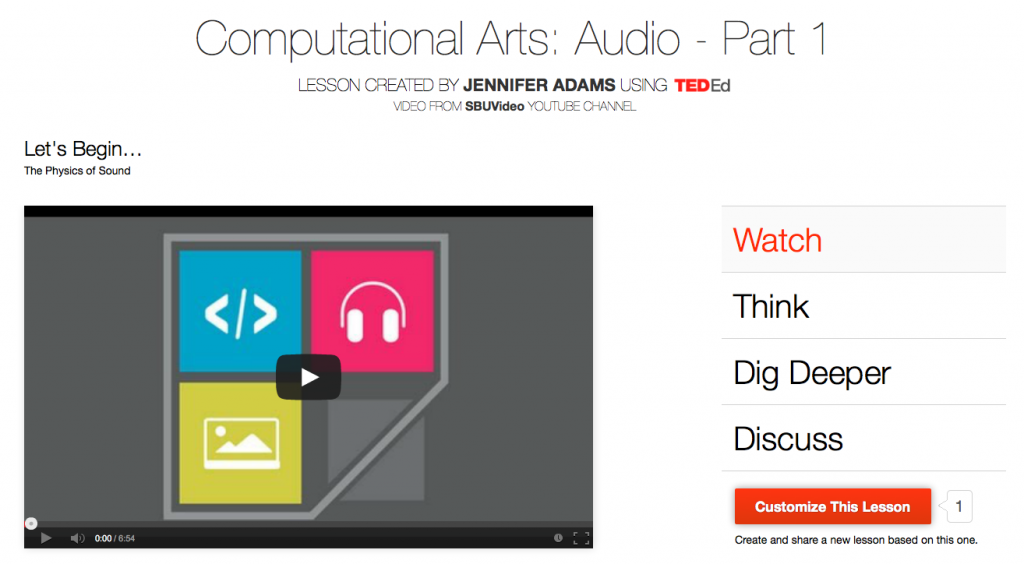We exist in a awkward point in time.
Information has been given to the public domain, our media purchases and software live in the cloud. We can access this data from a device that we carry in our pockets… and we do!
However – we have to hold this device and look down at it. This method of access creates walls between us and the rest of the real world. This is a temporary situation. Not long from now, people will look at this moment in time as incomprehensible. How could we function that way? (Just as they will when they release car control to computers and they think back to the bygone days when hundreds of thousands of people used to just drive willy nilly with no assurance of safety – and thousands would die every year.) The difference is that we have been driving cars for decades now. We won’t be accessing information by staring down at our pocket computers for more than a brief blip in time.
Google Glass is but a prototype. It is still bulky and crude.
The future interface will be completely slick and integrated. Trust me.
Peer into the future with me and tell me, do you think we are ready as a society to handle this? Do we have protections in place that will allow us to walk around without seeing ads everywhere?* Do we have ethically unchallenged leadership that sincerely cares?
Ready or not, this blip we are living in, will be over soon.
—
*As if this wasn’t already a problem.



